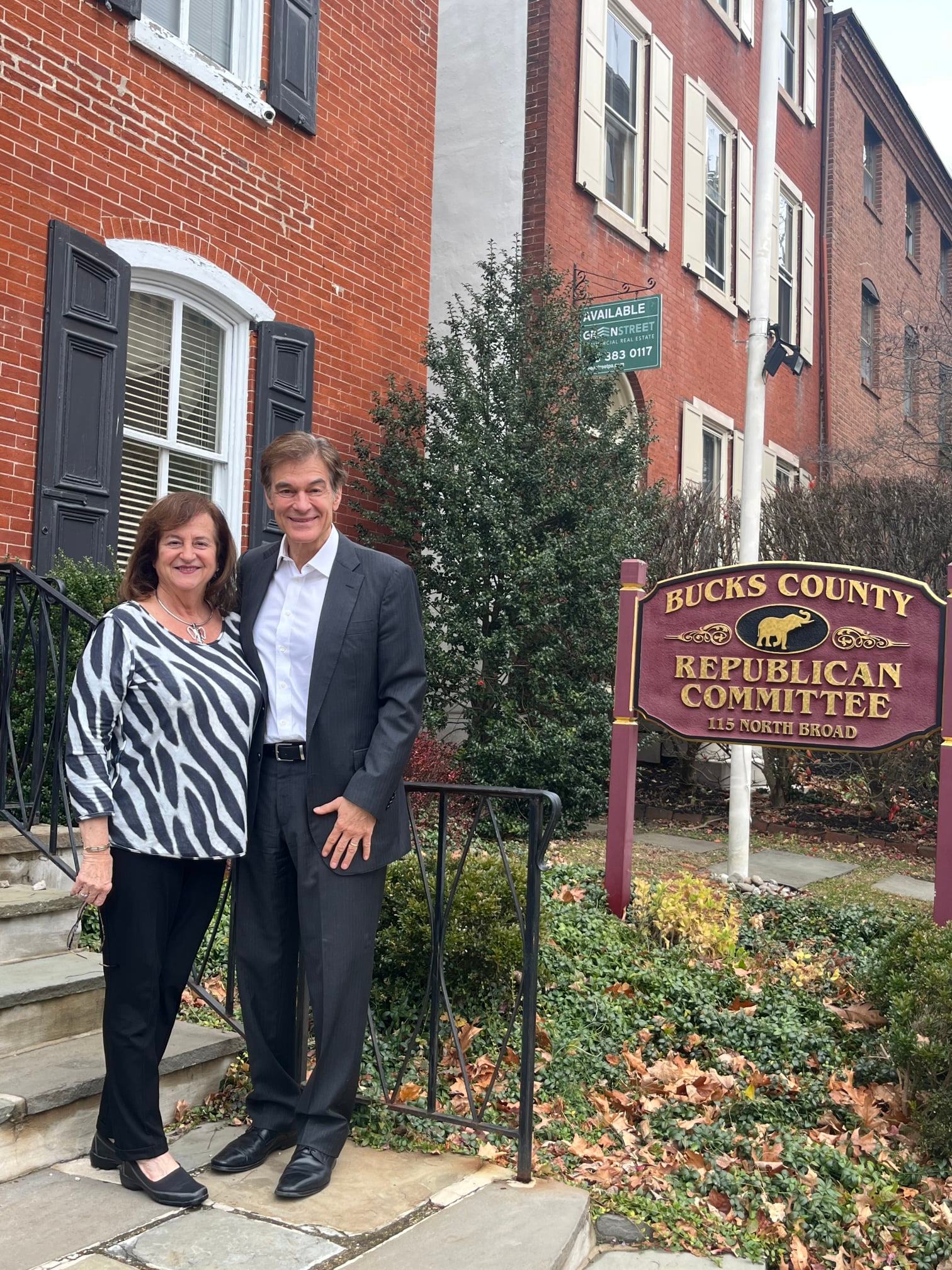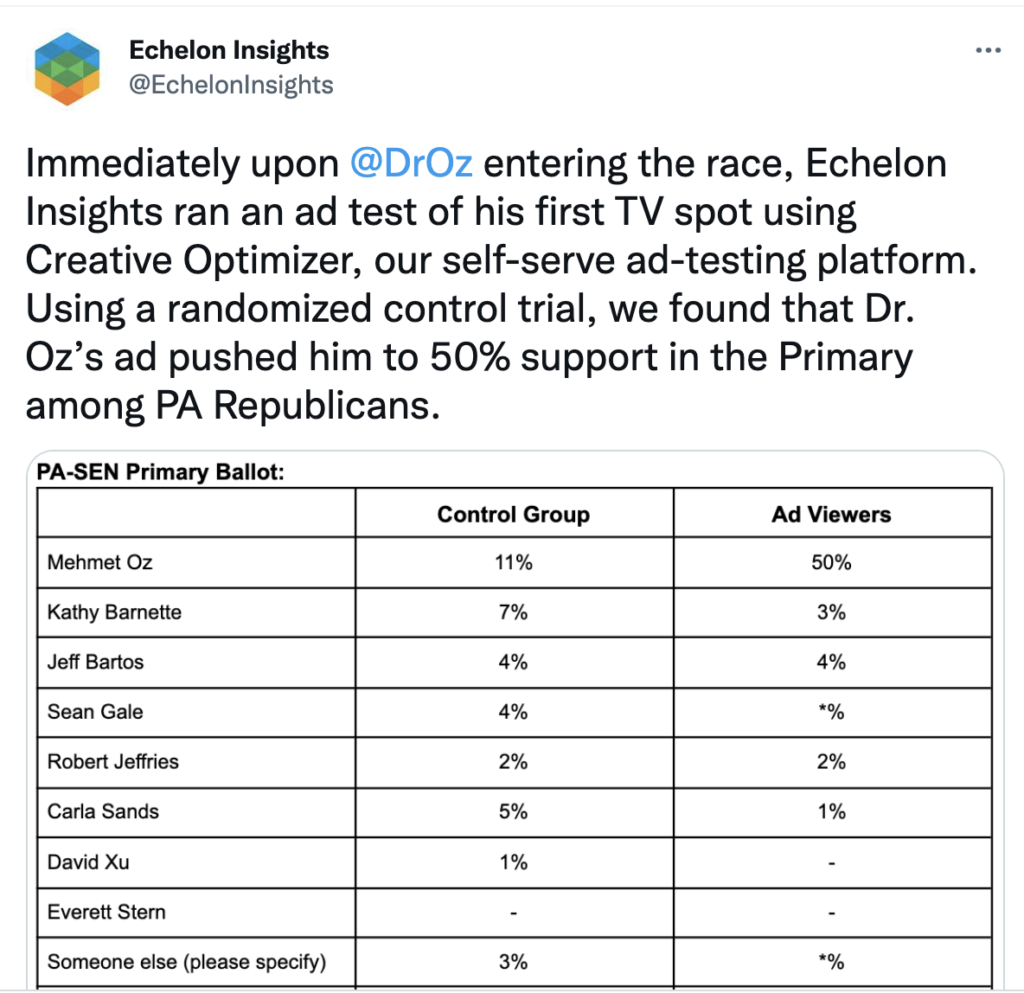TRACY: The Inquirer Editorial Board’s Ongoing War With the Facts at the Central Bucks School District

This op-ed first appeared in Broad + Liberty.
The Inquirer editorial board is at it again.
Last December, the ACLU filed a complaint with the U.S. Department of Education alleging a hostile environment for LGBT youth at the Central Bucks School District (CBSD) and the editorial board eagerly lapped up every accusation, treating them as settled facts in an attempt to foment anger at the recently elected conservative majority on the school board. We called them out on this one-sided rush to judgment, noting the irony that a publication called the Inquirer did not appear to have any interest in actual inquiry.
We now know that the facts do not support the ACLU’s over-hyped allegations against the school district. An independent investigation by the Duane Morris law firm concluded that there was no evidence to support the allegations that the District was awash in anti-LGBT bullying, harassment or discrimination. The firm’s detailed, 147-page report and accompanying exhibits are available on the district’s website for the world to see. The report took a deep dive into the evidence, including interviews of witnesses from each of the district’s 23 schools, tens of thousands of documents, and voluminous electronic records and emails.
But the Inquirer’s editorial board is not one to let the facts get in the way of waging their ideological crusade against one of the top performing public school districts in the commonwealth.
Its latest target is Central Bucks Superintendent Abram Lucabaugh.
At the end of July, the school board raised Dr. Lucabaugh’s annual salary from $229,500 to $315,000. While this is undoubtedly a significant increase — one that the school board must justify to its constituents in an election year — the editorial board gratuitously sounded the alarm, claiming that the increase was out of step with similarly situated superintendents and merely a donation granted to Dr. Lucabaugh by local Republicans for supporting an “extreme political agenda.” At Broad + Liberty, we give the Central Bucks taxpayers a bit more credit than that.
The CBSD is one of the largest in the state and at or near the top of any state educational ranking. At his previous salary, Dr. Lucabaugh was paid significantly less than several other superintendents in suburban Philadelphia who oversee much smaller districts. For example, John Sanville of the Unionville-Chadds Ford District makes nearly $300,000 and Dusty Blakey at Kennett Consolidated School District makes more than $250,000. Both districts are less than a quarter the size of CBSD.
Had the editorial board conducted even a cursory review of superintendent salaries across the region, they would have been compelled to conclude that Dr. Lucabaugh’s pay raise brings him in line with the market.
Additionally, Dr. Lucabaugh recently proposed comprehensive systematic changes that will have a significant impact on students across the district. The Inquirer never bothered to report the fact that the superintendent developed a plan to implement full day kindergarten next year. They failed to give him credit for redesigning the middle and high schools to reflect best practices for teaching, learning, socialization, and athletics. Dr. Lucabaugh’s efforts demonstrate he is an insightful and competent superintendent.
But let’s be honest, the pay raise is not the reason for attracting the ire of an editorial board that is rarely concerned with excessive government spending. Dr. Lucabaugh’s real crime is carrying out what they call an “extreme political agenda.”
How extreme? As superintendent, he has had the temerity to support policies that require classrooms to be politically neutral, where children are taught how to think instead of what to think; policies that require parent or guardian consent to change a student’s name or gender pronouns, so that children cannot be socially transitioned or renamed without the support of their families, or even against their parents’ wishes; and policies limiting sexually explicit content in elementary and middle school libraries. These are reasonable, legal policies supported by the majority of the community. And they were adopted by a duly elected school board.
It is that last point the ACLU and editorial board activists find so galling. Instead of accepting the results of the 2021 Central Bucks School Board election that gave conservatives a 6-3 majority, the editorial board contorts the facts to advance a demonstrably false narrative that, sadly, leverages vulnerable children for political gain. Standing in the way of this false narrative is the Duane Morris report, which includes a well-reasoned, substantive, exhaustive examination of district policies, practices, and outcomes. The editorial board barely acknowledges the report’s existence, labeling it “essentially a whitewash.”
Upon reading their editorial, it is transparently obvious that they have not even read the report. I have read the report. And I encourage them to challenge their own ideological assumptions just once by reading the report. They might learn something.
Their editorial astonishingly claims that “a popular teacher was suspended after he advocated on behalf of LGBT students who were getting harassed and bullied.” That teacher was Lenape Middle School teacher Andrew Burgess. As the report makes plain – based on Burgess’ own sworn testimony, emails, chat messages, and other documents discovered on his school laptop – Burgess repeatedly violated district policy by hiding alleged bullying from school administrators in a subversive scheme designed to embarrass school directors with whom he disagreed politically. Instead of working on behalf of LGBT students, Burgess had the audacity to endanger them. Leaving this out of their editorial is gross journalistic malpractice — a lie of omission.
The editorial also accuses the report of being one-sided because the investigators did not “speak to any students who alleged bullying.” Again, as the Duane Morris investigators made clear in their public presentation of the report, investigators were not at liberty to contact students directly for an interview. Instead, they were required to contact parents or guardians and ask permission. The investigators did so, contacting the families of the plaintiffs in the ACLU’s complaint, as well as the families of other LGBT students who had interacted with school administrators or spoken at school board meetings. Indeed, the ACLU’s intransigence made identifying those who alleged bullying unnecessarily difficult by hiding their identities and redacting a significant majority of the ACLU’s complaint to the U.S. Department of Education.
Initially, several of the plaintiff families expressed interest in speaking with investigators. But once the ACLU found out about the investigators’ offer, the ACLU stepped in and prevented the families from sitting for interviews. Nevertheless, the investigators interviewed several parents of LGBT students, including the mother of the student who filed the lone Title IX complaint with the school district in the last three years that alleged sexual orientation-based discrimination. She was pleased with the District’s handling of the complaint, calling it “sensible and helpfully specific.” Investigators also interviewed several self-described allies of the LGBT community, including moderators of LGBT-themed student clubs, guidance counselors, teachers and community members.
A “whitewash” this investigation was not.
Finally, no Inquirer editorial board commentary about CBSD would be complete without a gratuitous swipe at the lead investigator, former U.S. Attorney Bill McSwain. McSwain is a well-respected Yale and Harvard-trained lawyer, former Marine Corps infantry officer, and former federal prosecutor who has dedicated much of his career to public service. McSwain’s crime? As U.S. Attorney, he dared to challenge progressive orthodoxy, exposing the dangerous and destructive criminal justice policies of Philadelphia District Attorney Larry Krasner, a favorite of the Inquirer editorial board.
The first step to recovery is admitting that you have a problem. The editorial board’s addiction to a painfully narrow-minded narrative and blatant disregard of the facts is a problem for all of us. Their analysis of the major issues facing our region is profoundly flawed simply because it is derived from a world that does not exist. A useful first step is to encourage the editorial board to abandon its war with the facts in the CBSD, but perhaps something more drastic is needed.
We at Broad + Liberty would love to engage directly with the Inquirer editorial board to make sure the public learns the full truth about what’s happening in Central Bucks. Let’s have a public debate — the people can hear a robust airing of all the facts and concomitant analyses and figure out what they do and do not support for themselves.
When our Fourth Estate — a free press — functions as it ought to, our democracy is strengthened. Their fact-free crusade against the Central Bucks School Board suggests that reality may be what the Inquirer editorial board fears most. I sincerely encourage them to take us up on this offer, but in the meantime we will keep giving voice to issues, ideas, and facts that have been shut out of our public discourse for long enough.



 “I feel very strongly about it,” said Dr. Kevin Baumlin. “My opinion is Dr. Arkoosh and I worked hard to get our doctorate in medicine. So did Dr. Oz. You can’t take away our salutation for one and not for the others. It was inappropriate that they used doctor for Oz and not for us.”
“I feel very strongly about it,” said Dr. Kevin Baumlin. “My opinion is Dr. Arkoosh and I worked hard to get our doctorate in medicine. So did Dr. Oz. You can’t take away our salutation for one and not for the others. It was inappropriate that they used doctor for Oz and not for us.”
